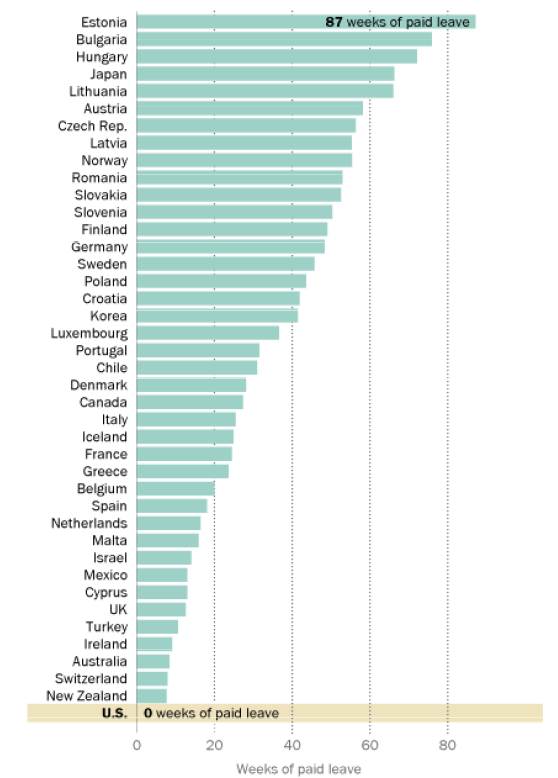Philip Dickey, MPH, is a partner and director of human resource services at DoctorsManagement, a full-service consulting and management firm for medical practices. Dickey stresses the importance of education and preparation in planning a family and a medical career. “One of the things we do in HR is keep people from being unhappily surprised about things,” he said. “That means availing yourself of the information and benefits available, including what the employer will provide in terms of time off and the processes and policies in place within that organization to make it happen. It means being a self advocate for you and your family.”
Explore This Issue
March 2017Residency is often a young physician’s first experience with an employment contract, after many non-earning, benefit-free years of medical school. She may not recognize the potential deficits implied in a vague reference to “paid maternity leave” or “paid parental leave” and may not consider a few key questions, such as:
- How much paid (and unpaid) leave time is provided?
- Does “paid” mean full pay or partial pay?
- Are these benefits specific to the program, or are they based on existing federal and/or state law options, such as the Family and Medical Leave Act and short-term disability?
- Is it possible for me to completely meet program criteria and take care of my and my baby’s needs?
- Does the program provide paternity leave, and what are the terms?
“Requirements for most, if not all, specialties state that residents need to participate in 46 out of every 52 weeks of each academic year,” said Templeton. “If a resident needs to take time off as a new parent, this needs to be planned ahead of time. If additional time needs to be taken, then training will be extended to cover this. Although this is feasible, it can place additional burdens on the training program, as they need to apply to have an additional resident for that period of time, secure funding to pay for the resident, etc. With funding for GME already extremely tight, this can be challenging.”
Growing Pains

(click for larger image)
Paid Parental Leave By Country
Number of weeks of paid parental leave by country. Totals include maternity leave, paternity leave, and parental leave entitlements.
Even with proper planning, managing maternity and residency can test the toughest among us, especially when facing a seemingly immovable object such as limited pregnancy leave.
Coral Tieu, MD, a fifth-year chief resident in otolaryngology at Southern Illinois University School of Medicine and St. John’s Hospital in Springfield, is currently pregnant with her third child and readily admits that her experience has tested the limitations of her time, energy, and ingenuity.